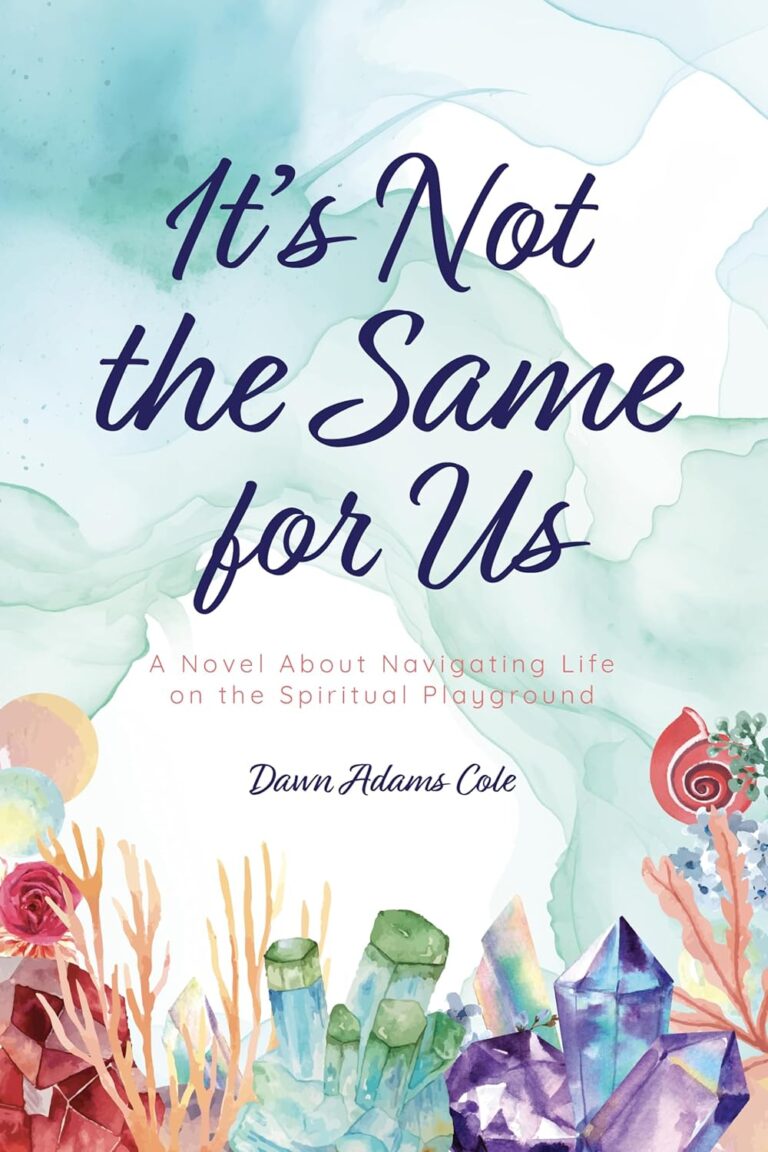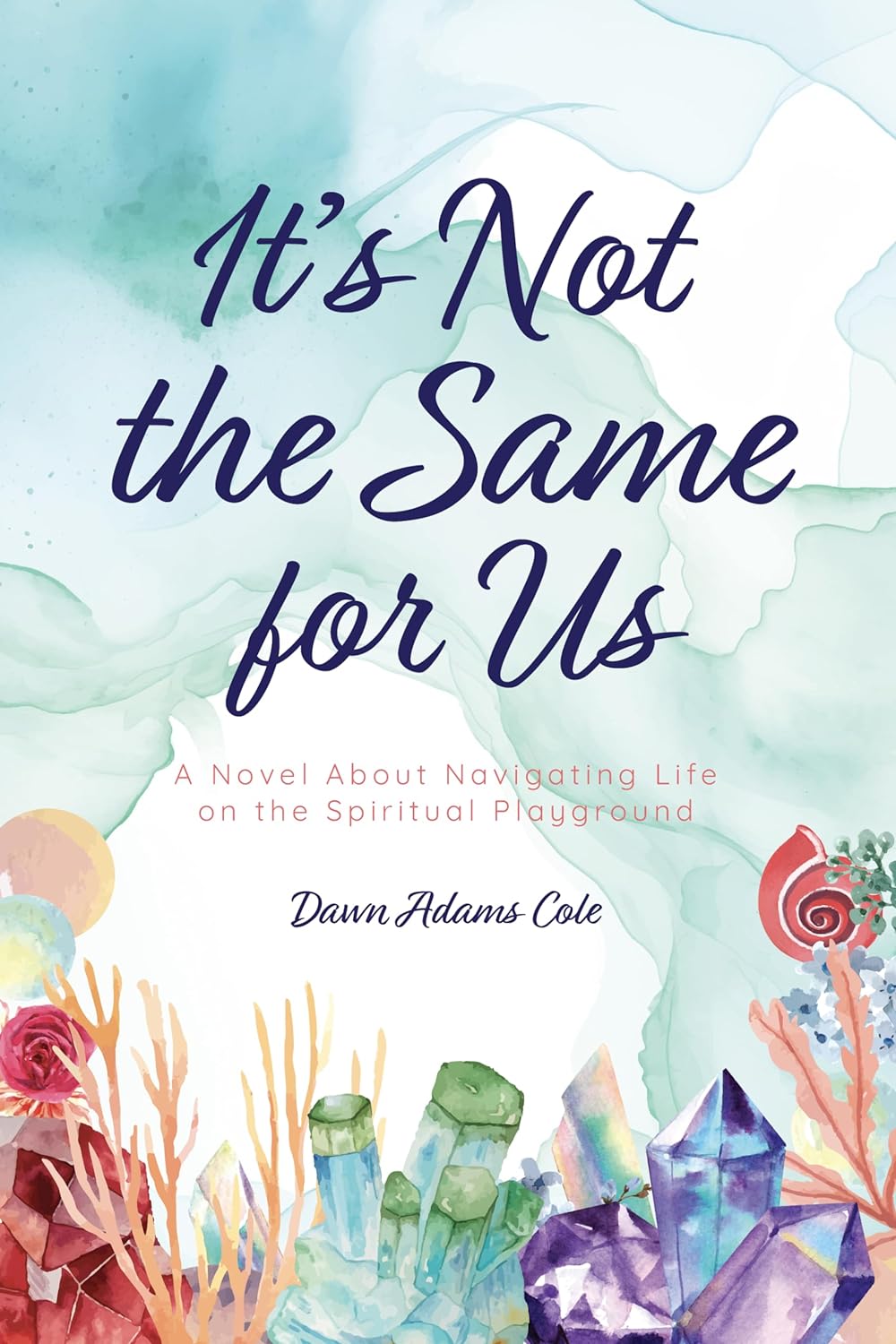In Dawn Adams Cole’s IT’S NOT THE SAME FOR US, a high-living couple drifts further apart while the gap between their ideas of happiness widens significantly. As wife Yve experiences deep melancholy and longing for a missing element in her life, she forms a soul connection with husband Garrett’s business associate Curtis. Through their thought-provoking conversations, she finds the courage to pursue her passions and create an independent life.
The novel also explores themes including childhood, adulthood, friendships, and fulfillment. Vivid details and natural dialogue enliven these subjects, contributing to natural portraits and exchanges. From small but telling gestures like tucking a strand of hair behind the ear and conversations about home as a “space to take refuge,” these three-dimensional characters are conveyed with authenticity.
The earlier chapters capture the complexities of this couple’s struggle with the intense financial pressure of maintaining multiple homes, haute-couture clothing and jewelry, and other luxuries. Although these sections effectively address the misperception that money buys happiness, some of the characters appear shallow. In particular, Garrett’s obsession with finances works as a foil for Yve’s search for meaning but overshadows moments when he attempts to connect with his wife.
Consequently, Yve’s deepening friendship with Curtis strengthens interest in the second half of the novel. Their honest and direct conversations over lunch about race, gender, and spirituality are extended through clever email exchanges. For example, when Curtis attempts to explain his perception of others’ lives “embedded in privilege all across the board,” he inadvertently hurts his friend’s feelings. However, he reconnects in a following email that asks why she loves “Samadhi,” or the concept of individual and universal consciousness as one.
As a result, IT’S NOT THE SAME FOR US excels in tackling questions about making difficult changes to experience greater personal fulfillment. At the end, discussion questions for readers about indecisiveness blocking forward movement, circumstances allowing the development of a special friendship, and the ways that they sometimes serve as mirrors prompt lingering contemplation to the reader who’s interested. Yet the novel alone is enough to make the reader think and feel more than they might from the typical book.
IT’S NOT THE SAME FOR US by Dawn Adams Cole builds interest and reveals a soul-searching theme that many readers can relate to.
~Andrea K. Hammer for IndieReader


